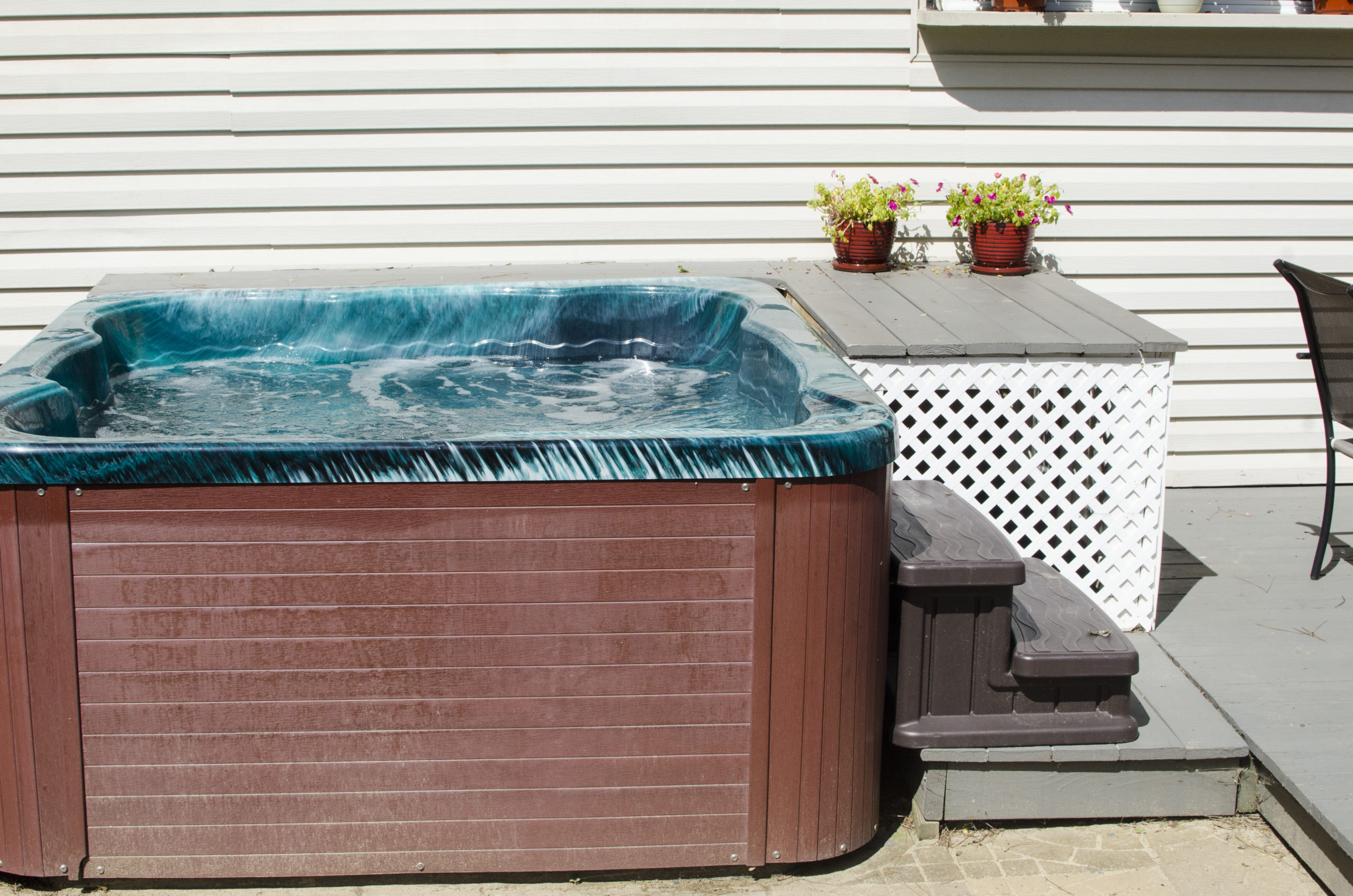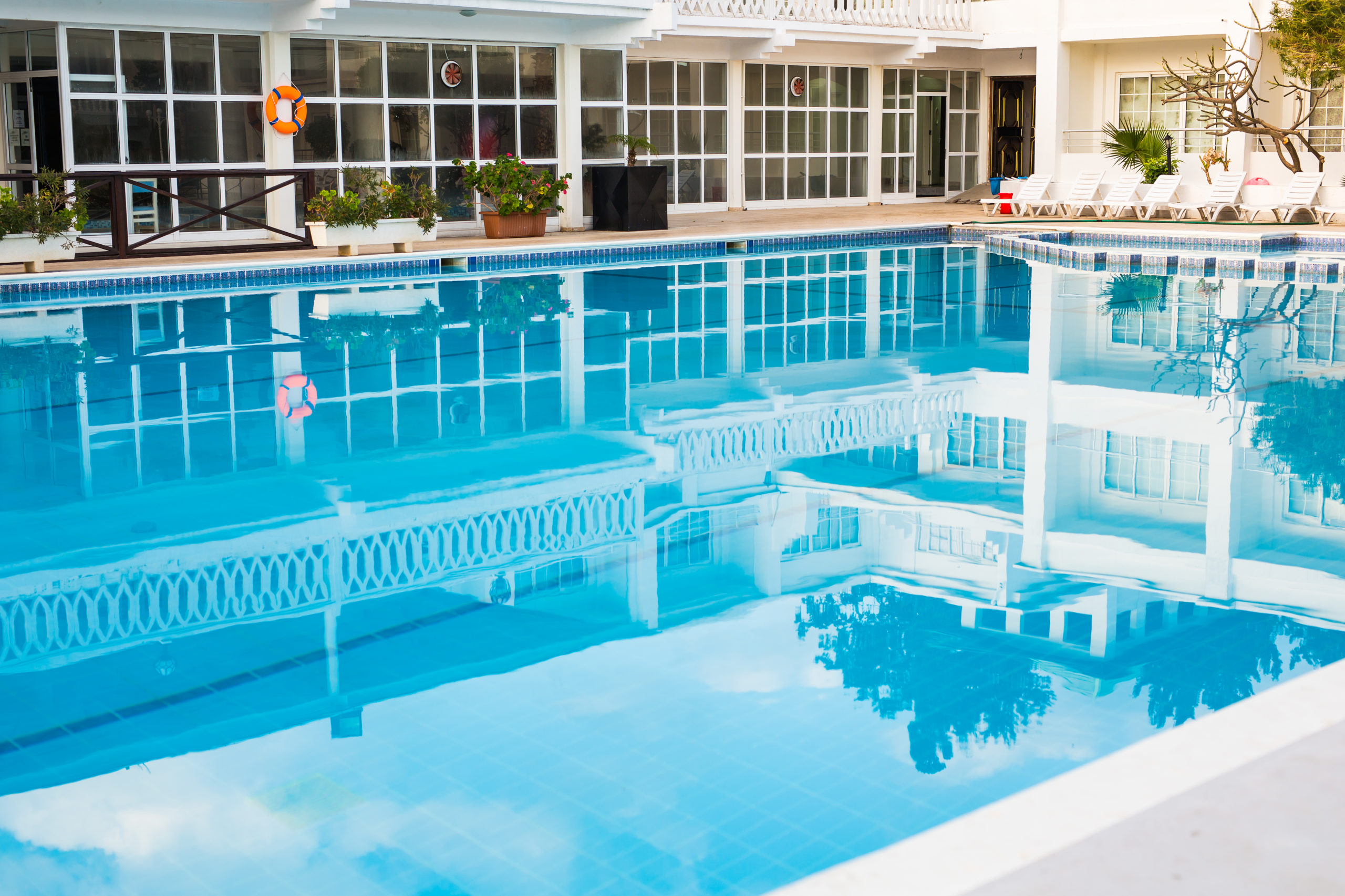
Growing hot tub sales could prove to be problematic. Most often, hot tub manufacturers and installers do not warn those buying hot tubs of the possibility that their hot tub could infect them with Legionnaires disease. The COVID-19 pandemic has led to most of the country spending more time at home than ever before. Subsequently, this has led to a huge increase in the sale of hot tubs for residential use. Hot tubs can be beneficial. They are proven to reduce muscle pain and stress levels. However, the growing number of hot tub owners could prove to be dangerous. Hot…
